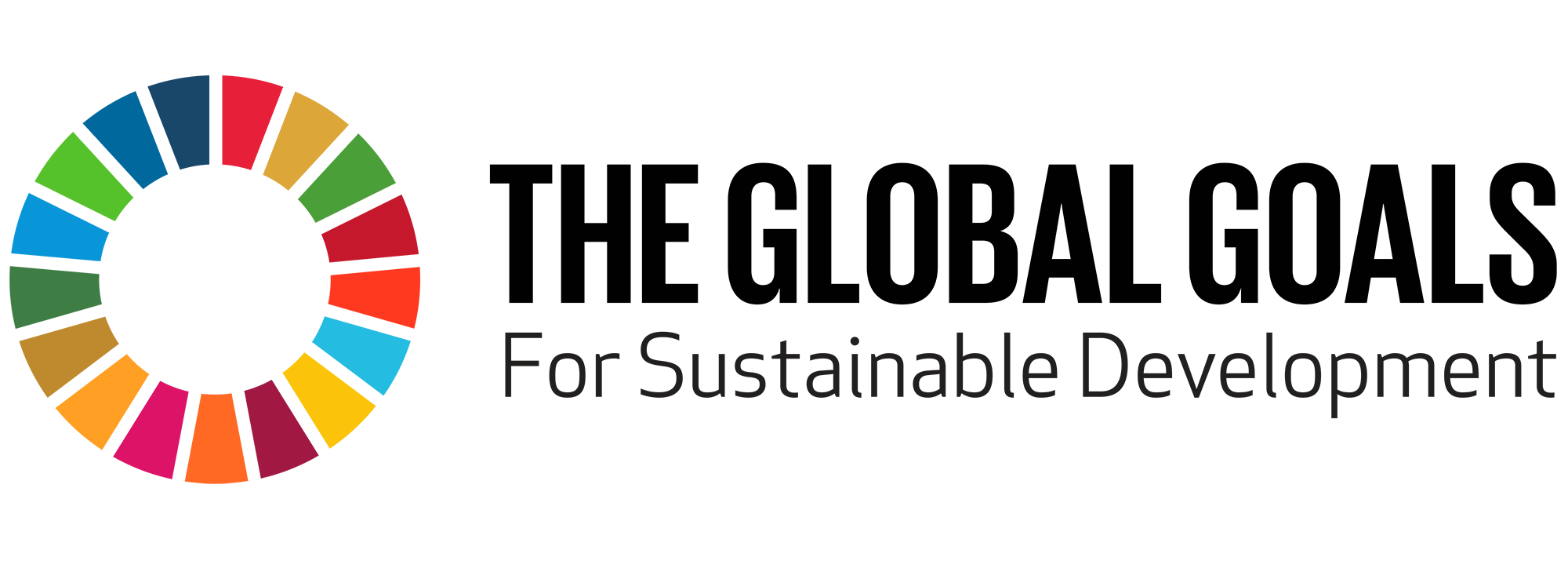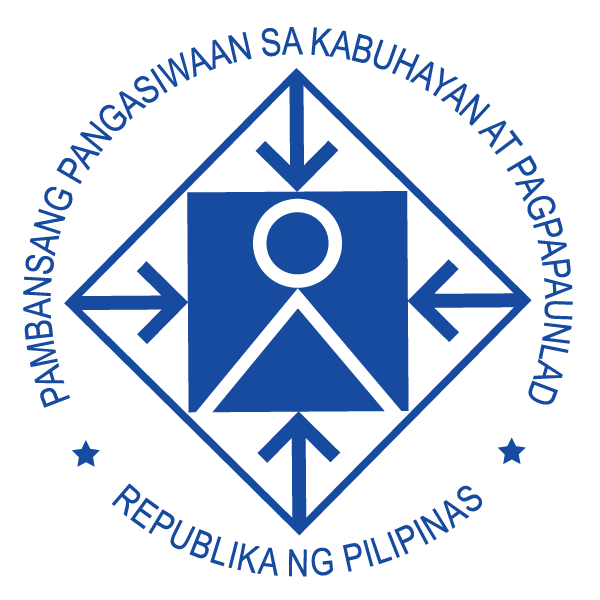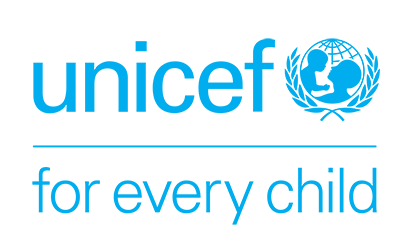
The Philippines is one of the 22 countries which presented a Voluntary National Review at the High Level Political Forum (HLPF) on the Sustainable Development Goals (SDGs) in New York on July 11-20, 2016. As the country gears up for the initial year of the SDG implementation, which coincides with a new administration, the national review highlights the initiatives that provide policy and enabling environment for the implementation of the SDGs.
Lessons from the MDGs
- The Philippine report on the MDGs to the UN Economic and Social Council (ECOSOC) in 2015 cited lessons from the experience of implementing the MDGs for the past 15 years, to wit:
- Good governance is a key lesson where the attainment of the MDGs requires a sustained and consistent commitment from all stakeholders, e.g., the government, private sector, civil society, and the development partners. Government must pursue economic growth with a steadfast commitment to the social development agenda, as this enables a more effective and efficient allocation of limited resources.
- There should be a clear implementation plan that covers institutional arrangements, communication and advocacy strategies, and financing plan. Further, given the country’s vulnerability to natural and man-made disasters, the plan should also include programs to build resilience against hazards and shocks, especially for the poor and near poor, to sustain the gains from development.
- An appropriate data monitoring system to support the accountability mechanism should be in place. It must be responsive to the demand for disaggregation of data and must ensure the timeliness of data collection so that policies and program designs benefit from up-to-date information.
Moving Forward: From the MDGs to the SDGs
- In September 2015, the United Nations Member States has adopted the 2030 Agenda for Sustainable Development to guide international, regional, and national development efforts for the next 15 years. The agenda, as contained in the outcome document, “Transforming our World: the 2030 Agenda for Sustainable Development,” has 17 SDGs and 169 targets that cover the economic, social and environmental dimensions of development.
- Compared with the MDGs, the new SDGs have a more ambitious agenda. While they identify eradication of poverty in all its forms and dimensions as the greatest global challenge, they also see it as an indispensable requirement for sustainable development. Thus, with bolder targets on health, education and gender equality, the aim is to eliminate rather than reduce poverty.
- The SDGs also seek to incorporate a larger concept that extends well beyond the social sector – that is, sustainable development that weaves a comprehensive agenda of economic development, social inclusion, and environmental sustainability. The SDGs and the targets are also integrated, global in nature and universally applicable. While the MDGs are formulated through a top-down process, the SDGs are developed through the most inclusive participatory process of face-to-face consultations and citizen inputs on websites. They take into account different national realities, capacities, and levels of development while respecting national policies and priorities. Thus, the SDGs are more inclusive, providing solutions to the root causes of poverty and the universal need for development that works for all people and all countries.
- In this regard, as the new agenda builds on the UN Millennium Declaration of 2000 and the recently concluded MDGs, the country remains committed to address the unfinished business of the MDGs while making a transition toward the implementation of the SDGs.
Aside from those mentioned above, the review report also discusses the national priorities in relation to the SDGs, the policy and enabling environment for the SDGs as well as challenges (building and raising awareness level on the SDGs; incorporating the SDGs in national frameworks including integration of the economic, social and environmental dimensions of sustainable development; developing and fine tuning SDG indicators; and clarifying institutional mechanisms), means of implementation; and the next steps to be undertaken by the Philippines moving from the Millennium Development Goals (MDGs) to the SDGs.
CLICK HERE to download the Philippine Voluntary National Review in 2016.


